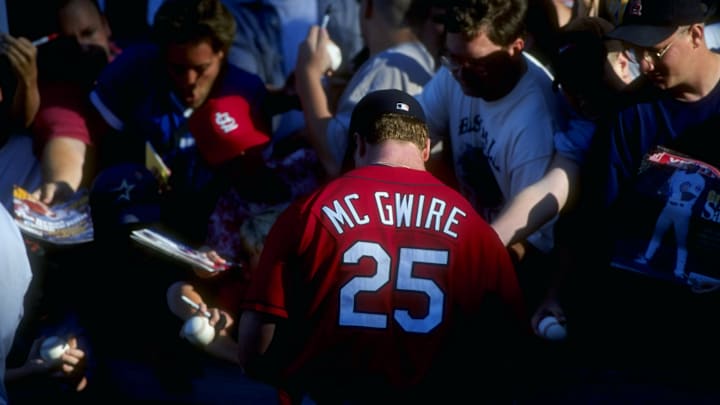Carlos Beltran
Beltran was on the 2024 ballot and received 57.1% of the vote in his second year of eligibility. His percentage increased from 46.5% in 2023. With eight more years remaining on the ballot, Beltran is on a really good path to be inducted.
He would be a slam-dunk candidate to be elected if it weren't for the 2017 Houston Astros cheating scandal. Beltran was not only a part of the problem, he was the problem. But that was the final season of his Hall of Fame career. Was it good judgment for a long-time veteran of the game? No, but that should not define the body of work he has created over 20 seasons. He has the accolades of being a Rookie of the Year winner, nine-time All-Star, three-time Gold Glove winner, and two-time Silver Slugger. He amassed 70.1 career WAR, with 71.6 being the Hall of Fame average for centerfielders.
But what makes Carlos Beltran a Hall of Famer is his postseason resume. He is one of the best players in postseason history. In a minimum of 100 plate appearances, Beltran ranks number eight all-time in postseason OPS. He is placed above Bryce Harper and former Cardinals legend Albert Pujols if that says anything about Carlos Beltran.
Curt Flood
You can take one quick look at Curt Flood's career and say he was a pretty good player, but not a Hall of Famer. But with Curt Flood, he pioneered the business side of the game that is still paying its dividends to thank him for his contributions. Flood created an open market that gives players control over their careers which is not recognized enough. For decades, players never left their teams. Owners had full control of their rosters and could monopolize the way they wanted to structure rosters and player payrolls. But in 1970, Flood put his foot down. He was traded to the Philadelphia Phillies but refused to go. He stated he did not feel like he should be treated like property to be bought or sold and decided to take this battle to court.
During many years of battling, Flood's case made its way to the United States Supreme Court where MLB won the case in a 5-3 vote. This was a defeat to Flood's future within MLB, but it was a victory for all future players. In 1976, MLB created the first rendition of player free agency and the rest is history.
